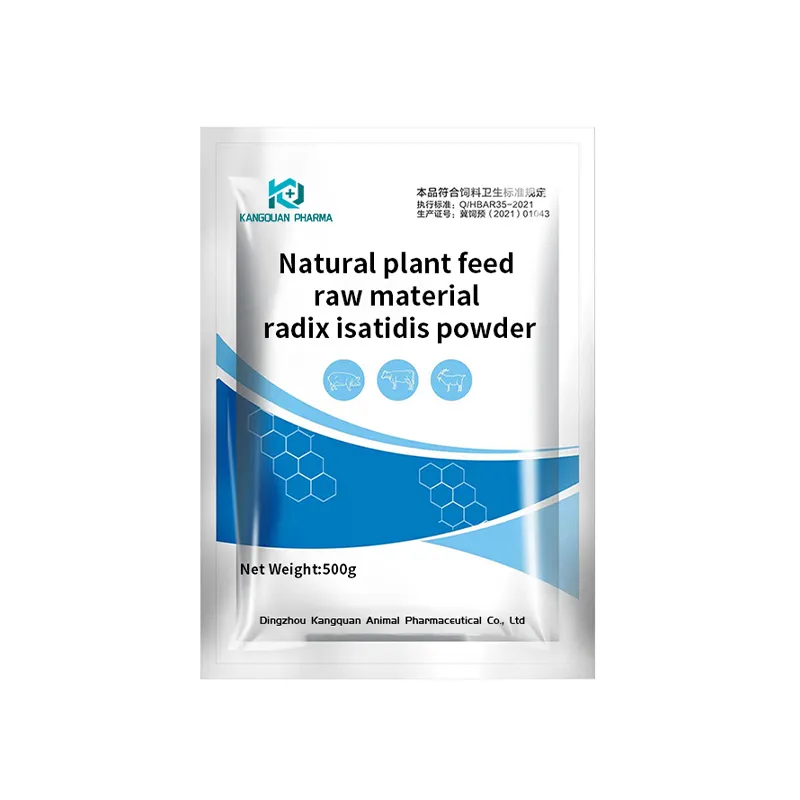- Afrikaans
- Albanian
- Amharic
- Arabic
- Armenian
- Azerbaijani
- Basque
- Belarusian
- Bengali
- Bosnian
- Bulgarian
- Catalan
- Cebuano
- Corsican
- Croatian
- Czech
- Danish
- Dutch
- English
- Esperanto
- Estonian
- Finnish
- French
- Frisian
- Galician
- Georgian
- German
- Greek
- Gujarati
- Haitian Creole
- hausa
- hawaiian
- Hebrew
- Hindi
- Miao
- Hungarian
- Icelandic
- igbo
- Indonesian
- irish
- Italian
- Japanese
- Javanese
- Kannada
- kazakh
- Khmer
- Rwandese
- Korean
- Kurdish
- Kyrgyz
- Lao
- Latin
- Latvian
- Lithuanian
- Luxembourgish
- Macedonian
- Malgashi
- Malay
- Malayalam
- Maltese
- Maori
- Marathi
- Mongolian
- Myanmar
- Nepali
- Norwegian
- Norwegian
- Occitan
- Pashto
- Persian
- Polish
- Portuguese
- Punjabi
- Romanian
- Russian
- Samoan
- Scottish Gaelic
- Serbian
- Sesotho
- Shona
- Sindhi
- Sinhala
- Slovak
- Slovenian
- Somali
- Spanish
- Sundanese
- Swahili
- Swedish
- Tagalog
- Tajik
- Tamil
- Tatar
- Telugu
- Thai
- Turkish
- Turkmen
- Ukrainian
- Urdu
- Uighur
- Uzbek
- Vietnamese
- Welsh
- Bantu
- Yiddish
- Yoruba
- Zulu
Dec . 12, 2024 10:20 Back to list
ivermectin 1 injection for dogs
Ivermectin 1% Injection for Dogs A Comprehensive Overview
Ivermectin is a widely used antiparasitic medication that has gained popularity in veterinary medicine, particularly for treating a variety of parasitic infections in dogs. The 1% injection formulation is commonly administered to dogs suffering from conditions caused by parasites such as heartworms, mites, and certain types of intestinal worms. Understanding this medication's uses, dosing, potential side effects, and safety considerations is crucial for any dog owner or veterinary professional.
What is Ivermectin?
Ivermectin belongs to a class of drugs known as avermectins, which are derived from the soil bacterium *Streptomyces avermitilis*. It works by interfering with the nervous system of parasites, leading to their paralysis and subsequent death. This makes it highly effective against a variety of external and internal parasites, including
- Heartworms (Dirofilaria immitis) A leading cause of heart disease in dogs, heartworms are transmitted through mosquito bites. Ivermectin is used as a preventive measure as well as a treatment in some cases. - Mites Various types of mites can cause skin conditions in dogs, such as demodicosis and sarcoptic mange. Ivermectin can effectively eliminate these infestations. - Intestinal worms Some gastrointestinal parasites, such as roundworms and hookworms, are also susceptible to the effects of ivermectin.
Dosage and Administration
The dosage of ivermectin can vary depending on the specific condition being treated and the dog's weight. It is crucial for pet owners to follow a veterinarian's advice for appropriate dosing. Overdosing can lead to severe side effects, particularly in certain breeds, such as Collies or other herding breeds, which may have a genetic sensitivity to ivermectin.
Typically, the 1% injection is administered subcutaneously, and the frequency of administration depends on the specific treatment protocol. For heartworm prevention, it is generally given once a month, while other treatments may require more frequent dosing.
Potential Side Effects
ivermectin 1 injection for dogs

While ivermectin is considered safe for most dogs when used correctly, it can cause side effects in some cases
. Common side effects may include- Lethargy - Vomiting - Diarrhea - Loss of appetite - Neurological symptoms such as tremors or seizures, especially in sensitive breeds
It is essential for pet owners to monitor their dogs after administering ivermectin and to contact a veterinarian if any unusual symptoms occur.
Safety Considerations
Before starting treatment with ivermectin, a veterinarian should perform a thorough examination of the dog and may recommend testing for existing heartworm infection. It is generally not advised to use ivermectin in puppies under six weeks of age or in dogs with certain health conditions, such as weakened immune systems.
Pet owners should also discuss any other medications their dogs are taking, as drug interactions may occur. Additionally, ivermectin should not be used in conjunction with certain anti-parasitic medications unless under veterinary guidance.
Conclusion
Ivermectin 1% injection is a vital tool in the fight against parasitic infections in dogs. Its efficacy in treating and preventing various parasitic diseases makes it an essential part of canine healthcare. However, proper administration, adherence to dosage guidelines, and awareness of potential side effects are crucial for ensuring the safety and health of pets. Regular veterinary check-ups, combined with responsible usage of ivermectin, can help keep dogs healthy and free from the harmful effects of parasites. Always consult with a veterinarian before starting any new treatment regimen to ensure the best outcome for your furry friend.
-
Guide to Oxytetracycline Injection
NewsMar.27,2025
-
Guide to Colistin Sulphate
NewsMar.27,2025
-
Gentamicin Sulfate: Uses, Price, And Key Information
NewsMar.27,2025
-
Enrofloxacin Injection: Uses, Price, And Supplier Information
NewsMar.27,2025
-
Dexamethasone Sodium Phosphate Injection: Uses, Price, And Key Information
NewsMar.27,2025
-
Albendazole Tablet: Uses, Dosage, Cost, And Key Information
NewsMar.27,2025













